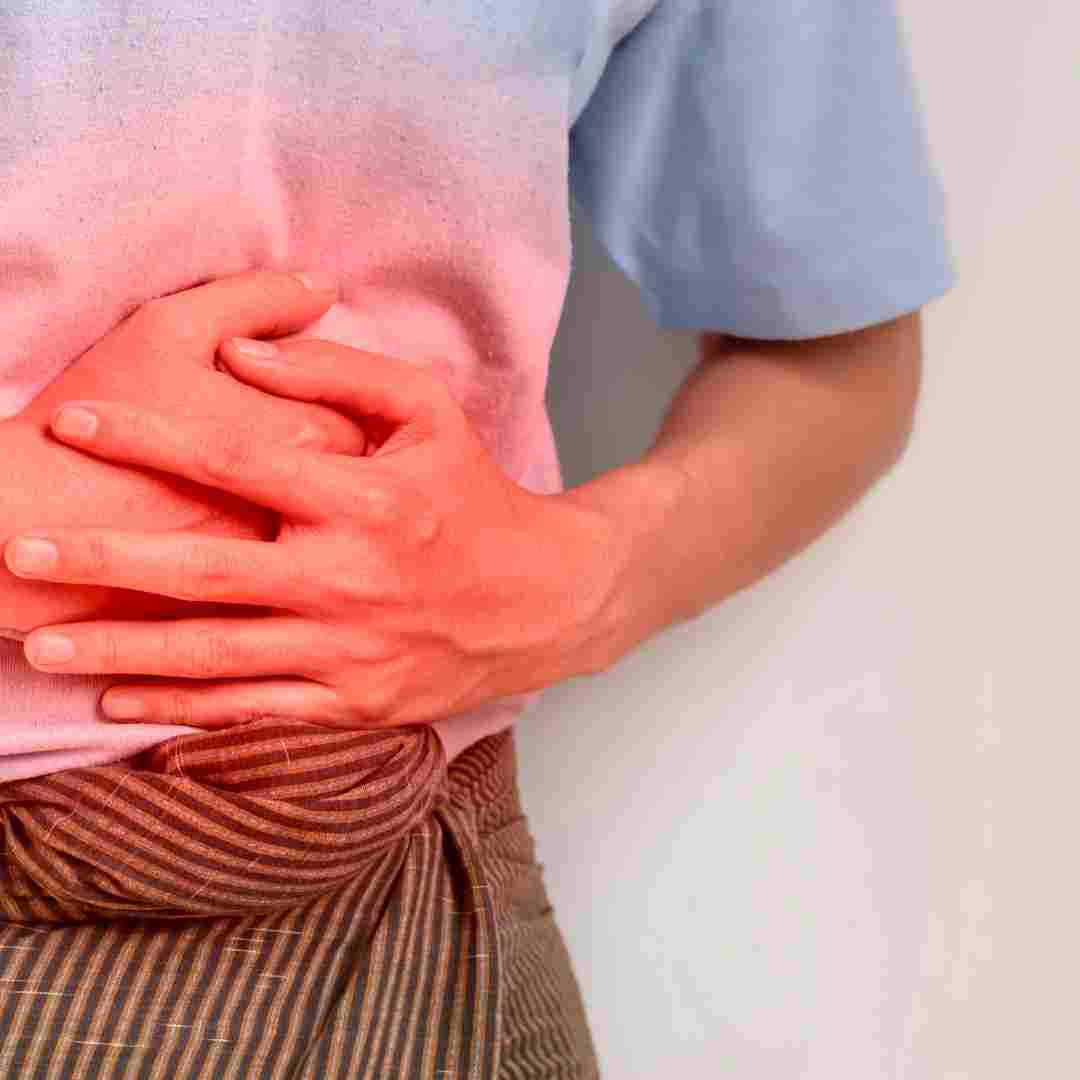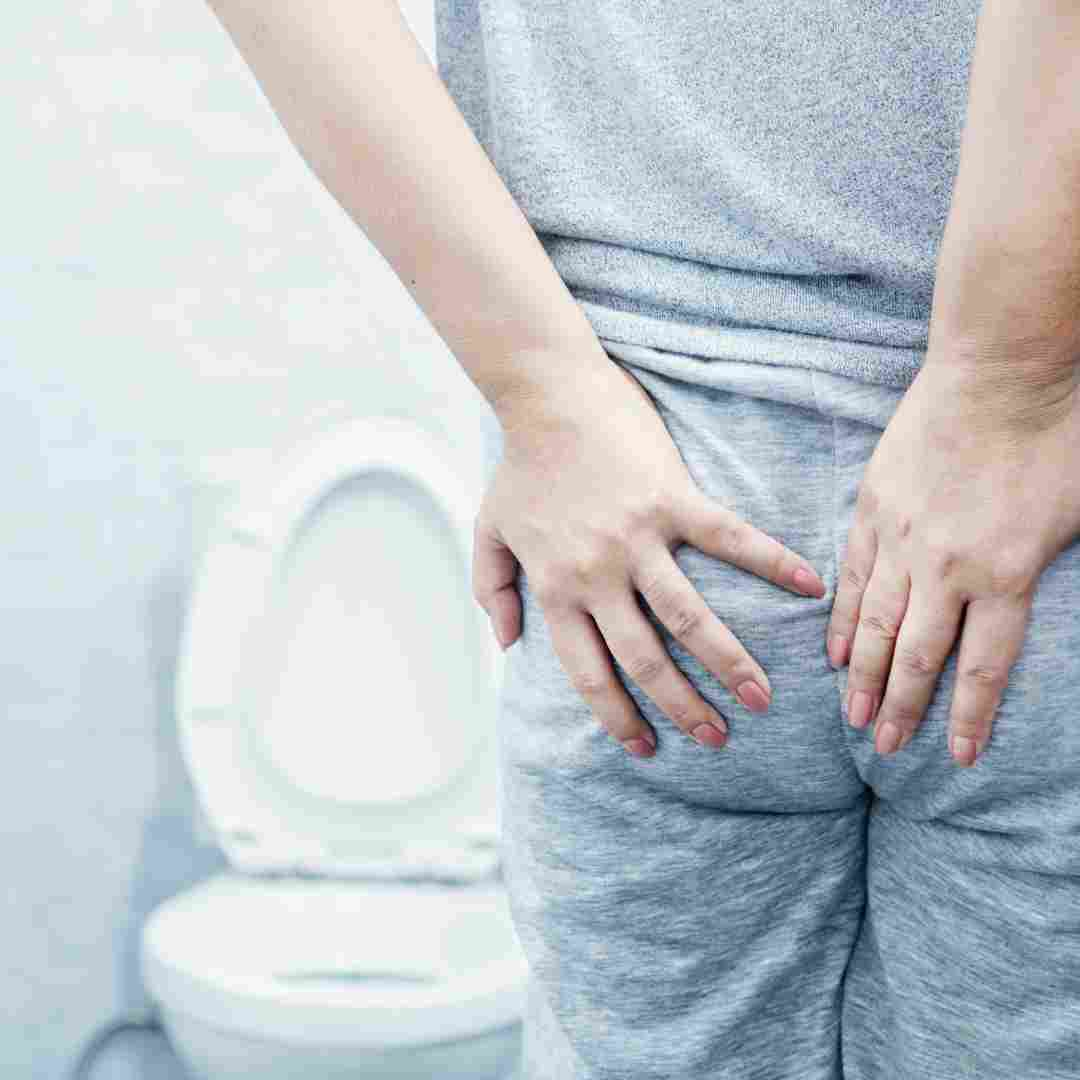Contents Table
Introduction
Rabbit Diarrhoea: Causes and Treatment
Common Dietary Causes of Rabbit Diarrhoea
Rabbit Diarrhoea Prevention
Stress and Rabbit Diarrhoea
Rabbit Diarrhoea Parasites
Q&A
Conclusion
Introduction
Rabbits are lovely pets but can cause health issues. One of the most prevalent disorders is diarrhoea, which has many causes. Rabbits can acquire diarrhoea from eating something they shouldn't or from bacteria, parasites, or viruses. Rabbit diarrhoea causes and treatment are covered in this article.
Rabbit Diarrhoea: Causes and Treatment
Rabbits often get diarrhoea for many reasons. Dietary changes, stress, bacterial or viral infections, parasites, and drugs are the main causes of rabbit diarrhoea.
One of the main reasons of rabbit diarrhoea is diet. Too many carbohydrates or too little fibre might cause diarrhoea in rabbits. Your rabbit needs a high-fiber, low-carb diet.
Stress can also cause rabbit diarrhoea. New homes, pets, and routines can stress rabbits. Your rabbit's environment should be stress-free.
Rabbit diarrhoea can be caused by bacteria and viruses. These illnesses might result from animal interaction or contaminated food or water. Your rabbit needs a vet visit if it has diarrhoea.
Rabbits can have diarrhoea from parasites. Coccidia, giardia, and roundworms induce diarrhoea. Take your rabbit to the vet for a checkup and parasite testing if they have diarrhoea.
Rabbits can also have diarrhoea from drugs. Talk to your vet about adverse effects if your rabbit takes drugs.
Your rabbit needs a vet visit if it has diarrhoea. Your vet can determine the cause of diarrhoea and the appropriate treatment. Depending on the cause, diarrhoea may be treated with diet, medicine, or other methods. Follow your vet's advice and watch your rabbit's health.
Common Dietary Causes of Rabbit Diarrhoea
The most prevalent digestive ailment in rabbits is diarrhoea. Rabbit diarrhoea can be caused by nutrient imbalances, poor diets, or novel meals.
When rabbits are fed too many carbohydrates or too little fibre, nutritional imbalances can arise. Rabbits need a high-fiber, low-carb diet for intestinal health. Too much carbs in a rabbit's diet can induce nutritional imbalance and diarrhoea.
Rabbit diarrhoea can also result from poor food. Rabbits should eat hay, fresh vegetables, and a few pellets with high fibre and low carbohydrate content. Carbohydrate-rich diets like processed foods and sugary snacks can cause diarrhoea in rabbits.
Finally, feeding rabbits different diets might cause diarrhoea. Since unexpected diet changes might irritate digestion, introduce new foods slowly. Some foods are hazardous to rabbits, so be sure the new food is suitable.
In conclusion, an imbalance of nutrients, an improper diet, or novel foods might cause rabbit diarrhoea. It's crucial to feed rabbits a balanced diet and introduce new items slowly. A rabbit with diarrhoea should see a vet to diagnose the cause and get proper treatment.
Rabbit Diarrhoea Prevention
Rabbit diarrhoea can be serious and should be treated immediately. Fortunately, rabbit diarrhoea can be prevented in numerous ways.
First, feed your rabbit a balanced diet. Diets high in fibre and low in sugar and fat are optimal for rabbits. Your rabbit's food should consist of fresh hay, veggies, and a few pellets. Treating your rabbit too much can cause stomach difficulties.
Second, clean your rabbit's habitat. Regularly clean and replenish cage bedding. Provide your rabbit with clean water at all times.
Third, give your bunny lots of exercise. Rabbits must be mobile and explorative. Give your rabbit plenty of room to roam.
Finally, monitor your rabbit's health. Contact your vet immediately if your rabbit's behaviour or appetite changes. Early health screening and treatment can prevent more serious illnesses.
Follow these techniques to avoid rabbit diarrhoea and keep your rabbit healthy and happy.
Stress and Rabbit Diarrhoea
Stress is a key cause of rabbit diarrhoea. Rabbits are sensitive and might become stressed by diet, routine, or environment changes. Stress can damage a rabbit's digestive tract, causing diarrhoea.
Environment, nutrition, and routine changes can stress rabbits. Moving the rabbit to a new cage or environment might create stress. Introducing new foods or treats to the rabbit's diet might also induce stress. Finally, changes in the rabbit's routine, such as feeding time or exercise, might create stress.
Stress can damage a rabbit's digestive tract, causing diarrhoea. Stress can impair the rabbit's digestive tract, causing diarrhoea. Stress also increases cortisol production in rabbits, which can interfere with digestion and induce diarrhoea.
Keep the rabbit's environment, diet, and habit similar to prevent stress-related diarrhoea. To decrease tension, give the rabbit lots of exercise and playtime. Finally, watching the rabbit's behaviour and health might assist identify stressors.
Stress is a key cause of rabbit diarrhoea. To prevent stress-related diarrhoea, keep the rabbit's environment, diet, and routine consistent, give it lots of exercise and play, and monitor its behaviour and health.
Rabbit Diarrhoea Parasites
Rabbits often have diarrhoea from parasites. Many parasitic illnesses, including coccidiosis, giardiasis, and cryptosporidiosis, cause diarrhoea. Contact with polluted food, water, or animals can spread these parasites.
Coccidiosis is caused by a rabbit intestinal protozoan. Watery diarrhoea, weight loss, and anaemia are coccidiosis symptoms. Antibiotics and anti-parasitics are usually prescribed.
Giardiasis is caused by a rabbit intestinal protozoan parasite. Watery diarrhoea, weight loss, and anaemia are giardiasis symptoms. Antibiotics and anti-parasitics are usually prescribed.
Cryptosporidiosis is caused by a rabbit intestinal protozoan parasite. Watery diarrhoea, weight loss, and anaemia are cryptosporidiosis symptoms. Antibiotics and anti-parasitics are usually prescribed.
Good hygiene and keeping rabbits away from diseased animals can prevent parasites from spreading. Rabbits need clean food, water, and a clean environment. Take a rabbit with diarrhoea to the vet for diagnosis and treatment.

Q&A
1. Could rabbits induce diarrhoea?
Rabbits can cause diarrhoea. Rabbit diarrhoea is mainly induced by food, stress, or illness.
2. What are rabbit diarrhoea symptoms?
Soft or liquid stools, increased defecation, and straining are rabbit diarrhoea symptoms.
3. What to do if rabbit gets diarrhoea?
If your rabbit gets diarrhoea, take it to the vet immediately. Your vet can diagnose and cure diarrhoea.
4. What could induce rabbit diarrhoea?
Changes in diet, stress, parasites, bacterial or viral infections, and underlying health issues can induce rabbit diarrhoea.
5. Can I keep my rabbit from getting diarrhoea?
Feeding your rabbit a healthy diet, avoiding stress, and cleaning their environment can prevent diarrhoea. Regular vet visits are also necessary to keep your rabbit healthy.
Conclusion
In conclusion, improperly treated rabbits can cause diarrhoea in people. Rabbit saliva, urine, and faeces can spread diarrhea-causing viruses and germs. Handling rabbits requires proper cleanliness and thorough handwashing. Rabbits should also be kept away from food and other products that may be contaminated by their saliva, urine, or faeces.
